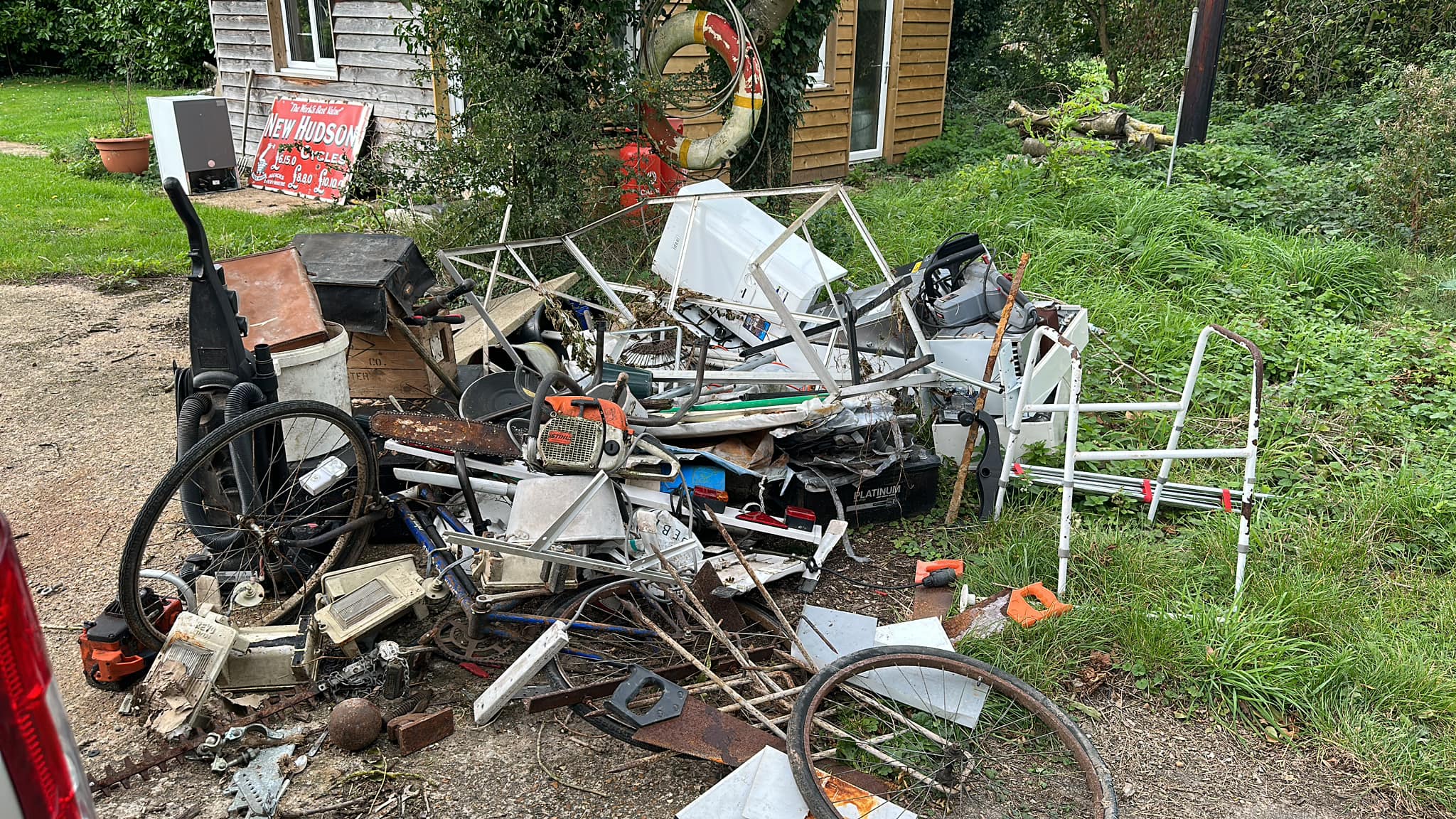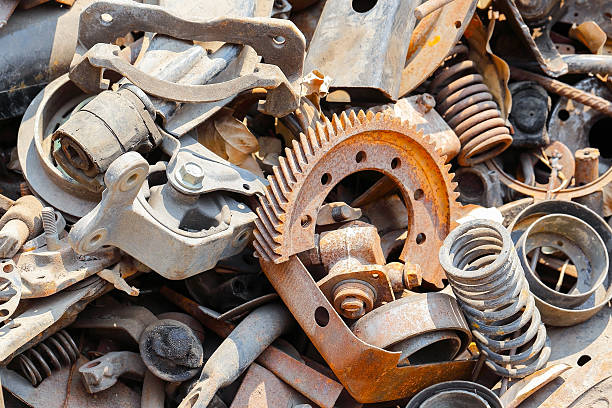When it comes to selling scrap metal, many people wonder: “Do I really need to prep it before taking it to a recycler?” The short answer is — yes, if you want to get the highest possible price for your scrap and make the process smooth and efficient for everyone involved.
In this complete guide, we’ll explore everything you need to know about preparing scrap metal before selling, from why it matters to step-by-step preparation tips for both ferrous and non-ferrous metals.
We’ll also dive into what Premier Metals, a leader in Australia’s recycling industry and part of Premier Group Australia, recommends for anyone looking to make the most of their scrap.
Contact Premier Metals today to sell your scrap metals at the best price at 08 6252 8500

Clean, separated, and sorted scrap metal earns significantly higher payouts. Recyclers pay a premium for well-prepped materials because it saves them time and effort in processing.
Prepped scrap is easier to weigh, grade, and process. That means faster transactions and smoother drop-offs.
Loose nails, batteries, sharp edges, or flammable residue can pose safety risks. Prepping removes these hazards for you and the recycling team.
Well-prepared scrap ensures the highest possible yield during processing, leading to better recycling outcomes and reduced environmental impact.

Failing to prep your scrap can lead to:
Premier Metals always encourages sellers to do minimal preparation to maximise returns and ensure a fast and safe recycling process.
Ferrous metals include steel, iron, and automotive components that contain iron and are usually magnetic.
Strip away plastic, rubber, insulation, wood, and other non-metal parts.
Separate stainless steel from carbon steel or cast iron. If you’re unsure, use a magnet (ferrous metals are magnetic).
Break down long beams, heavy equipment, or car frames into smaller, manageable sections.
Heavily rusted items may receive a lower grade. A wire brush or rust remover can help, though it’s not always required.
Non-ferrous metals like copper, brass, aluminium, and lead are more valuable and require a bit more effort to prepare correctly.
Remove paint, insulation, or residue where possible. For copper wire, stripping the insulation increases the grade.
Aluminium cans, sheet aluminium, and cast aluminium should all be separated. The same goes for yellow and red brass or clean vs mixed copper.
If you’re selling a large amount, pre-weighing and labelling can streamline the process at the scrap yard.
Use tubs, buckets, or bags to store different types of metals. Label each to keep track.
A cable stripper or blade can remove insulation. Bare bright copper wire (shiny, clean, solid copper) is the highest-paying copper grade.
A clutter-free space makes sorting easier and safer.
At Premier Metals, we believe in making scrap recycling easy, rewarding, and safe for all Australians. We are a trusted name under Premier Group Australia, operating facilities from the East Coast to the West Coast. We buy both ferrous and non-ferrous metals and also service the used auto parts industry nationwide.
Bring your scrap to a Premier Metals yard, or call us to arrange pick-up for bulk loads. We’re here to guide you on how to prep and get the most value from your scrap.
No, but it may be rejected or downgraded. Some items (like batteries or e-waste) must be handled with care or under specific regulations.
It’s not always necessary, but clean, unpainted metal typically earns more. For high-value metals like copper or aluminium, removing paint or insulation can boost your payout.
Yes, but expect a lower rate. Mixed loads are valued at the lowest-grade material in the batch.
Absolutely. We service commercial, industrial, and residential clients across Australia. Contact us for on-site bins, pick-up services, and project support.